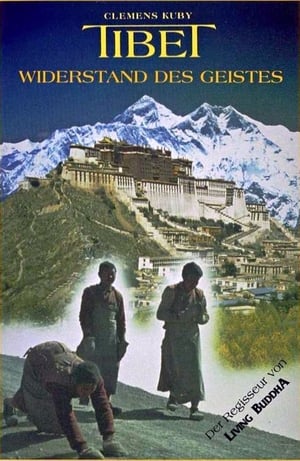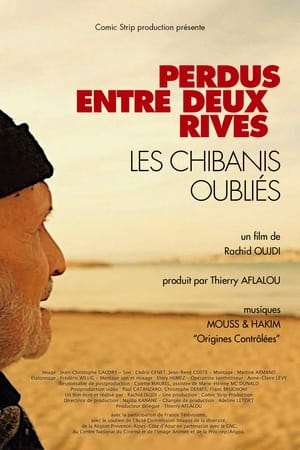
The Last Chinese Laundry(1987)
A documentary from 1987 featuring the life of early Chinese immigrants to the island of Newfoundland.
Movie: The Last Chinese Laundry
Top 5 Billed Cast
Himself
Himself
Young Boy
Delivery Man
Woman
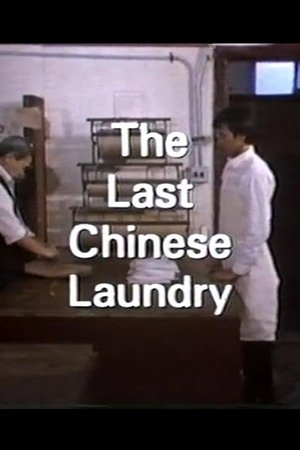
The Last Chinese Laundry
HomePage
Overview
A documentary from 1987 featuring the life of early Chinese immigrants to the island of Newfoundland.
Release Date
1987-01-01
Average
0
Rating:
0.0 startsTagline
Genres
Languages:
普通话EnglishKeywords
Similar Movies
 0.0
0.0Love Factory: The Price of Being a Social Media Star(zh)
Livestreaming your life to a devoted audience is big business. What happens when the cameras are off?
Cohen's War(en)
An hour-long portrait of Canadian immigration lawyer, M. Lee Cohen, renowned for his work with refugees. The film follows his representation of Sonya Pecelj and Vladimir Zalipyatskikh. The first case follows a young woman, Sonya Pecelj from Kosovo, who seeks sanctuary for more than a year in a church; the second case follows a Russian sailor who dives off a ship in Halifax Harbour to escape virtual imprisonment by the Russian fish mafia.
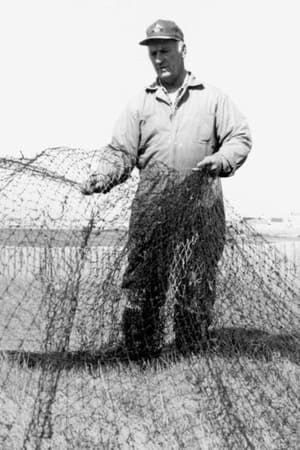 0.0
0.0Taking Stock(en)
It was a way of life. It was the backbone of a society. And then the cod fishery off the east coast of Newfoundland collapsed. Taking Stock traces the history leading up to the crisis and the calling for a moratorium of the northwest Atlantic cod fishery. It presents the key players in this complex and tragic story, focusing on those who are now trying to come to grips with an uncertain future. How did the calamity happen? What signals did we ignore? Did we chose the right model in setting up an industry? Ultimately, Taking Stock holds a message for the Canadian as well as the global community: In trying to attain economic success, we must recognize that there are limits to how far we can exploit nature's delicate ecosystems.
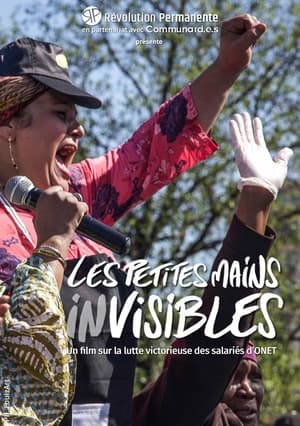 0.0
0.0Les petites mains invisibles(en)
November 2017, North of Paris : H. Reiner-Onet cleaning company workers are fighting an exemplary battle. This 45 days strike, one of the longest in the history of the French railway, led by these men and women, ended in a decisive victory against two giants, Onet and the SNCF. One of the most impoverished sectors among railway workers, they had no previous experience with striking or organized struggle. How did they pull such a victory ? Their dermination to fight was undoubtedly the key to winning, but so are the links they forged with revolutionary activists who brought with them a tradition of fighting for workers against employers.
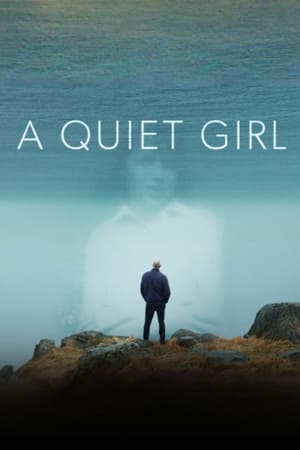 0.0
0.0A Quiet Girl(en)
Adopted Montreal filmmaker Adrian Wills discovers, on camera and in real time, the startling truths of his complex beginnings in Newfoundland. Shocking details drive Wills to the core of his birth mother’s resilience, and ultimately his own. In this moving feature documentary that combines 16mm footage and contemporary images with deeply personal conversations, Wills’ voyage transforms from an urgent search for identity into a quest to give a quiet girl her voice.
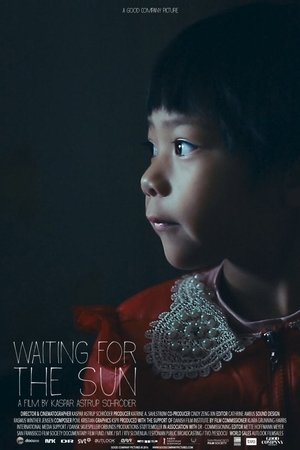 6.2
6.2Waiting for the Sun(en)
In China more people are on death row than the rest of the world combined. The children of the convicts are often left alone, stigmatized and living in the streets. Grandma Zhang, as the kids call her, is a former prison guard who has founded an orphanage in Nanzhao.
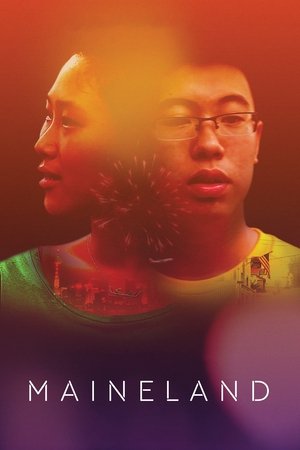 4.6
4.6Maineland(en)
Chinese teenagers from the wealthy elite, with big American dreams, settle into a boarding school in small-town Maine. As their fuzzy visions of the American dream slowly gain more clarity, their relationship to home takes on a poignant new aspect.
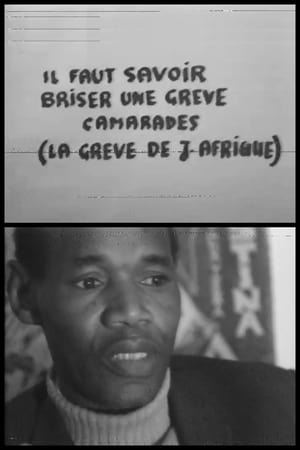 0.0
0.0Grève à Jeune Afrique(fr)
After two months of a hard-fought strike, accompanied by a day-and-night occupation of the premises, Jeune Afrique's workers were the victims of a court order authorizing their CEO, Bechir Ben Yahmed, to have them removed by the police. If they resisted, they risked falling foul of the law against rioters. To avoid the African comrades being deported from France, the strikers decided to leave. But before leaving, they organized a demonstration of solidarity with hundreds of journalists from the traditional and revolutionary press.
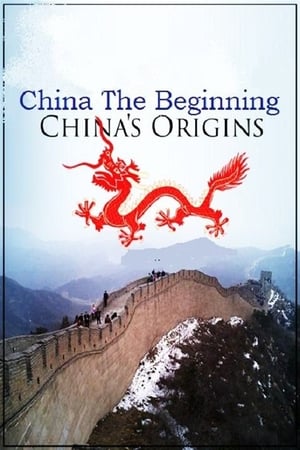 0.0
0.0China: The Beginning - China's Origins(en)
China is the only civilization that continues to hold sway throughout its entire territory as defined by its ancient borders. This three-part series retraces almost 2,000 years of Chinese ancient history – a period that holds vital clues to understanding how this powerful nation was built. Many people forget that during the heyday of the Christian era, China was already a highly developed country. In this fascinating program we will focus on the heart of one of the most mysterious countries in the world. Witness the evolution of civilization and visit the places where the dignitaries are buried, also visit the mausoleum of China's first emperor Qin Shi Huang Di.
E4FC - 2013 San Francisco Foundation Community Leadership Awards(en)
The San Francisco Foundation presents 2013 Community Leadership Awardee, Educators for Fair Consideration (E4FC), with The San Francisco Foundation Award, made to an organization demonstrating exemplary commitment to improving human relations in the Bay Area. E4FC provides direct support to and advocacy for highly motivated, college-bound undocumented students who had come to the United States as children and wished to remain. They are a leader in the field of immigrant work, providing youth tangible support and the space for them to tell their own story. As a result, E4FC's work is an essential part of the DREAMers movement catapulting the organizations role as a leader in both the Bay Area and as a national model in supporting and empowering immigrant youth. www.sff.org/cla
The Pharmacy: Shanghai(fr)
Joris Ivens and wife Marceline Loridan took their cameras into Pharmacy No. 3 in Shanghai, which in addition to dispensing drugs manages an outreach program of medical services, an extension of the pharmacy’s in-house medical care center.
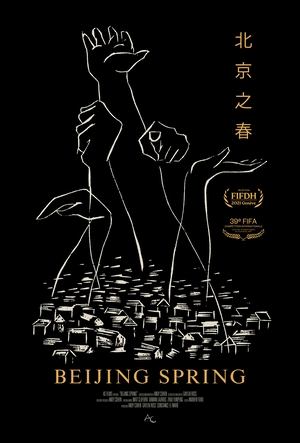 6.0
6.0Beijing Spring(en)
The documentary film of the brief window of artistic freedom and democracy movement 1978 - 1982 following China's brutal cultural revolution.
Puente de la Costa Sur(en)
Puente de la Costa Sur, winner of the San Francisco Foundation 2004 Community Leadership Awards (John R. May Award) - for its creative, grassroots efforts to provide education, social justice advocacy, direct services, and community connections enabling immigrant men in rural San Mateo County to improve their living and working conditions
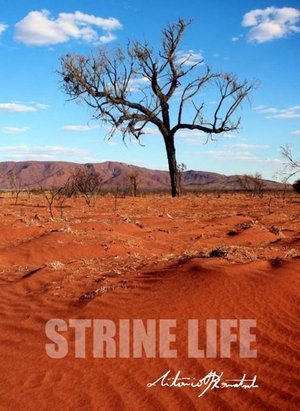 10.0
10.0Strine Life(en)
A short film / documentary that depicts the daily grind of first-generation immigrants in Australia.
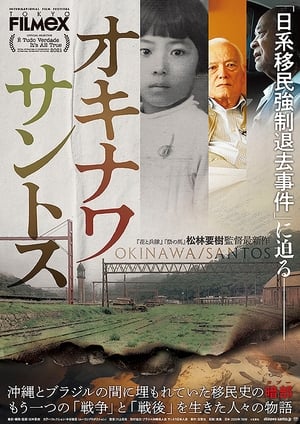 0.0
0.0Okinawa/Santos(ja)
During World War II, many Japanese immigrants in Santos, Brazil, were forced to move to another place. Matsubayashi draws attention to the fact that 60% of the immigrants were from Okinawa. Based on testimonies from interviewees, this film reveals the hidden historical relationship between Okinawa and Brazil.
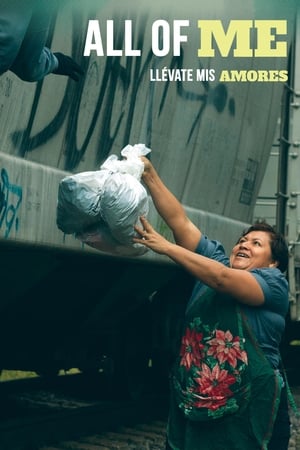 8.5
8.5All of Me(es)
"Take my love" is a documentary film about "Las Patronas", a group of women who daily cook, pack and throw food to the migrants riding the "Beast" train.
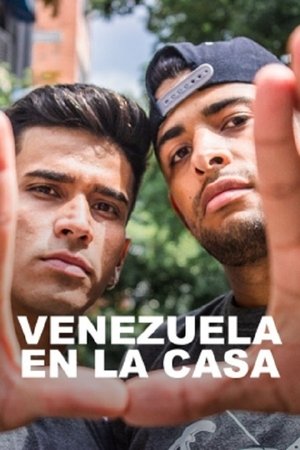 3.0
3.0Venezuela at Home(es)
Two groups of Venezuelan dancers, while preparing for a dance battle, survive at traffic lights in the streets of Medellín. A group reflection on love, family and identity, far from home.

